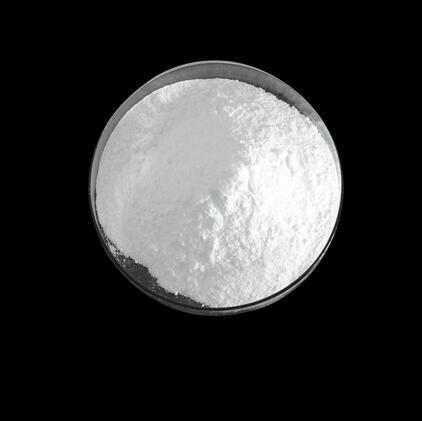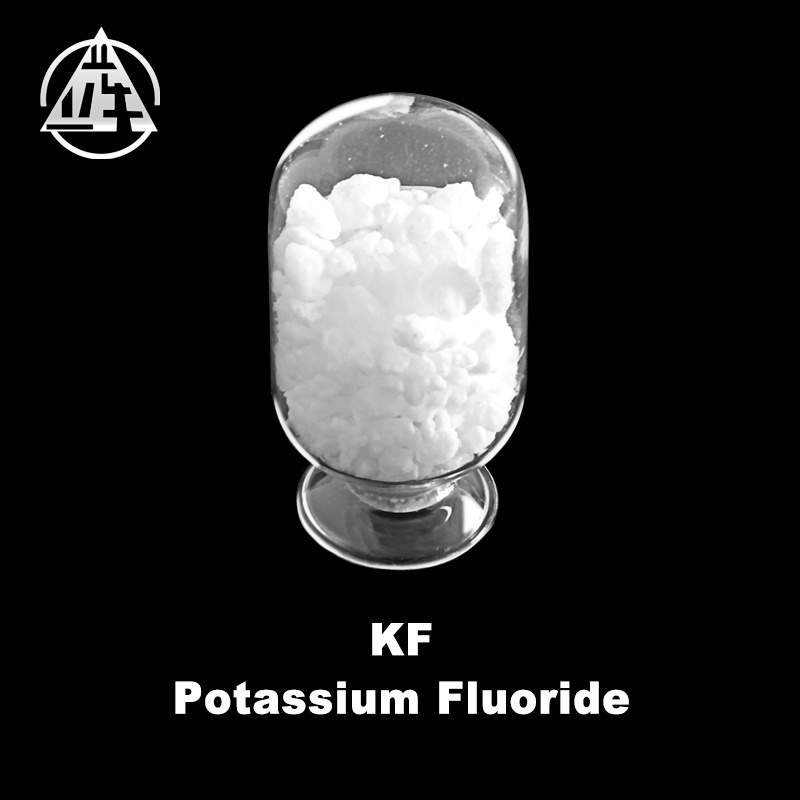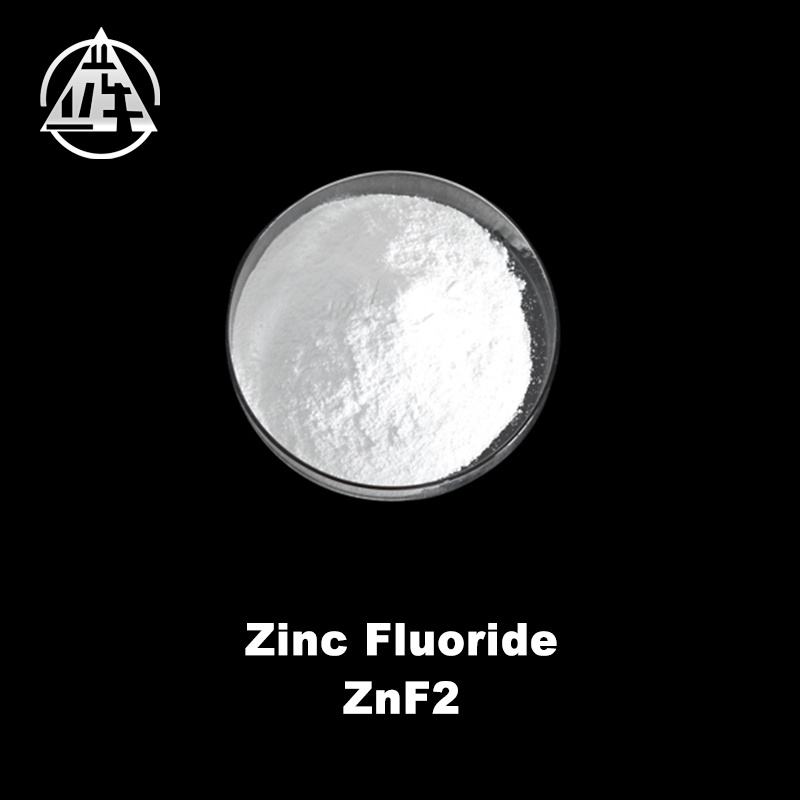Application industry of Neodymium Fluoride NdF3 material
Release Time:
2022-07-18
Neodymium Fluoride NdF3 material has important applications in modern science and technology. Neodymium Fluoride NdF3 material is mainly used in the production of fluorocarbons and aluminum fluoride.
Neodymium Fluoride NdF3 material has important applications in modern science and technology. Neodymium Fluoride NdF3 material is mainly used in the production of fluorocarbons and aluminum fluoride. Reagents containing Neodymium Fluoride NdF3 material play an important role in organic synthesis. Due to the high affinity of silicon for fluorine and the increase of the coordination number of silicon, fluorine is often used in practical applications to remove the protective group of silyl ethers. Examples are sodium fluoride, TBAF and cesium fluoride. Neodymium Fluoride NdF3 material is often used as an enzyme inhibitor, and is often used to inhibit phosphatases, such as threonine phosphatase.

Fluoropolymers, such as polytetrafluoroethylene, Neodymium Fluoride NdF3 material, and polytetrafluoroethylene (Teflon), are chemically inert and biohazardous materials used in surgical implants, such as coronary artery bypass surgery, and As a soft tissue substitute in cosmetic and reconstructive surgery. It is also the main raw material for non-stick pan coatings and Goldex outdoor waterproof and ventilated fabrics.
Neodymium Fluoride NdF3 material can be used to prevent dental caries, fluoride in drinking water. At first, sodium fluoride was used to add fluoride to drinking water, but it was gradually replaced by H2SiF6 and Na2SiF6. Fluoride in drinking water can prevent dental caries and has been called "one of the top ten public health achievements of the 20th century" by the Centers for Disease Control and Prevention. Positron emission computer scanning (PET) technology uses fluorine-18-labeled fluorodeoxyglucose, which emits positrons when it decays to 18O. Fluoride-containing drugs include: antipsychotics, HIV protease inhibitors, antibiotics. Strong C-F bonds can resist liver cytochromes, and the introduction of fluorine atoms can reduce drug metabolism.



